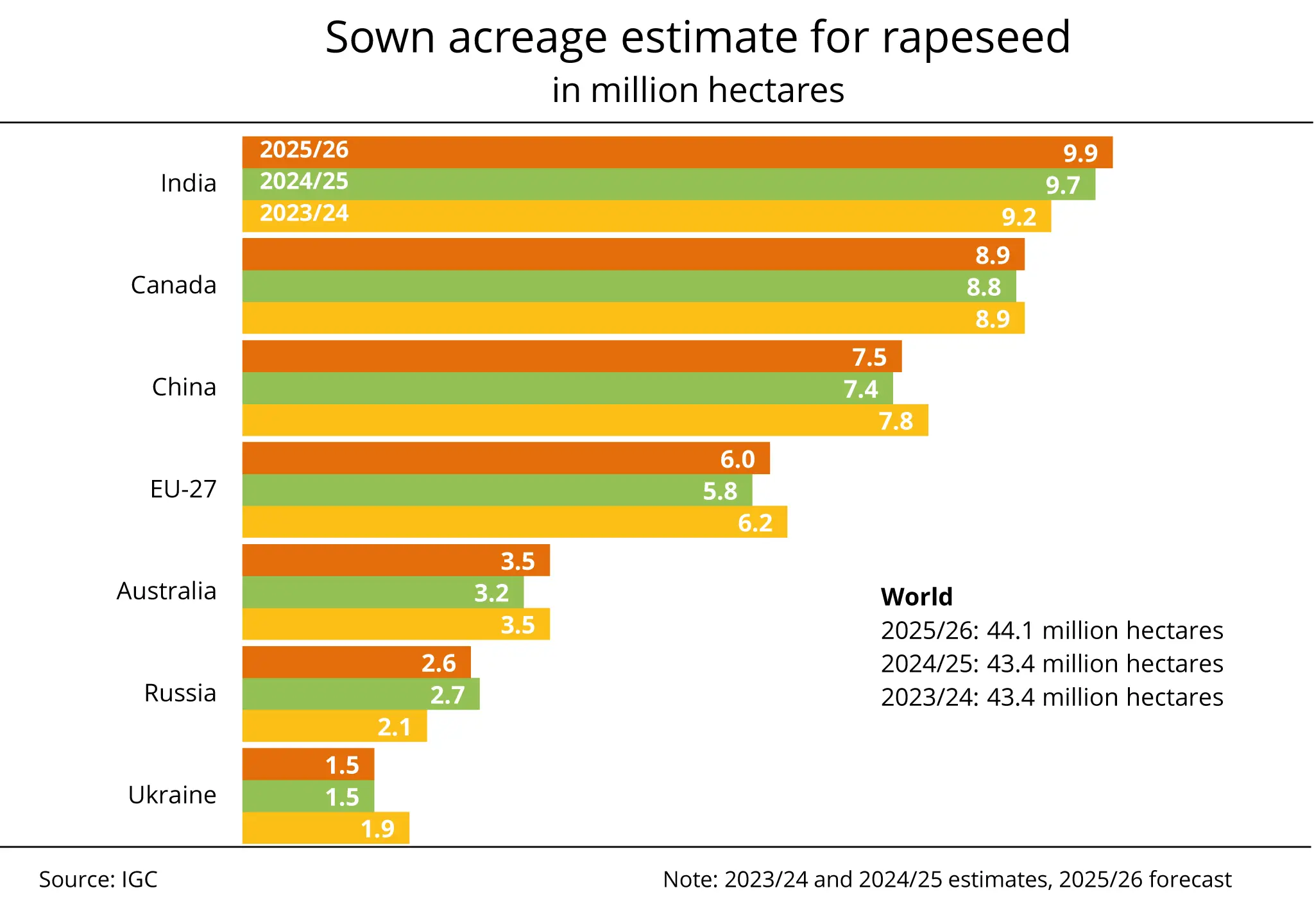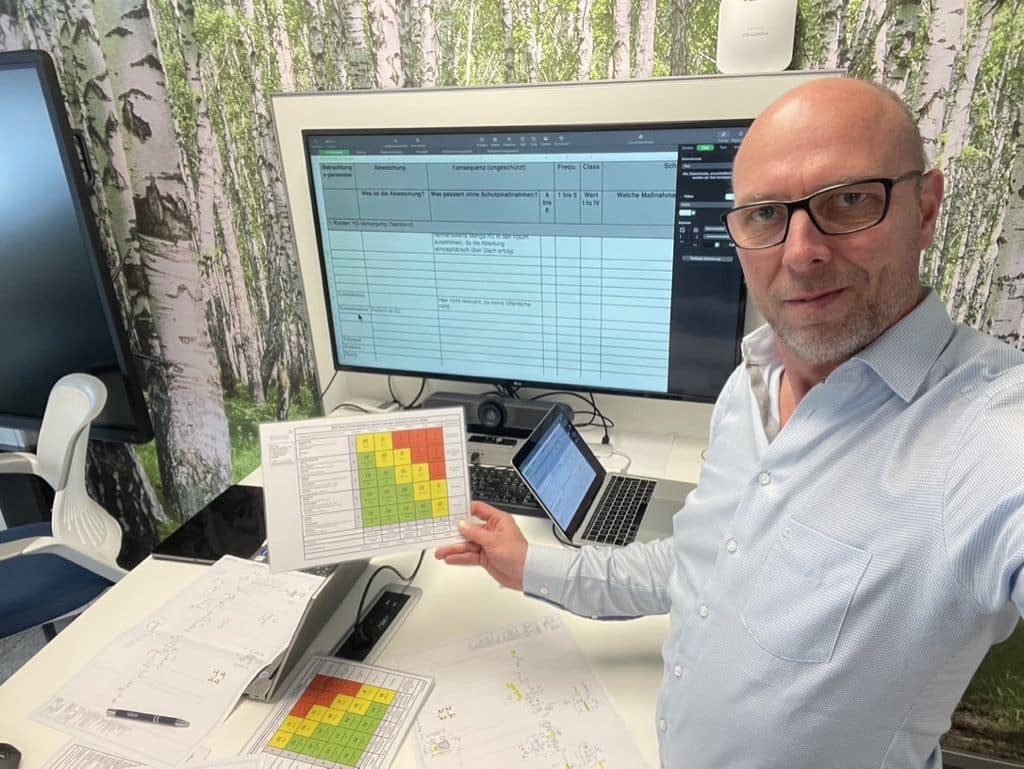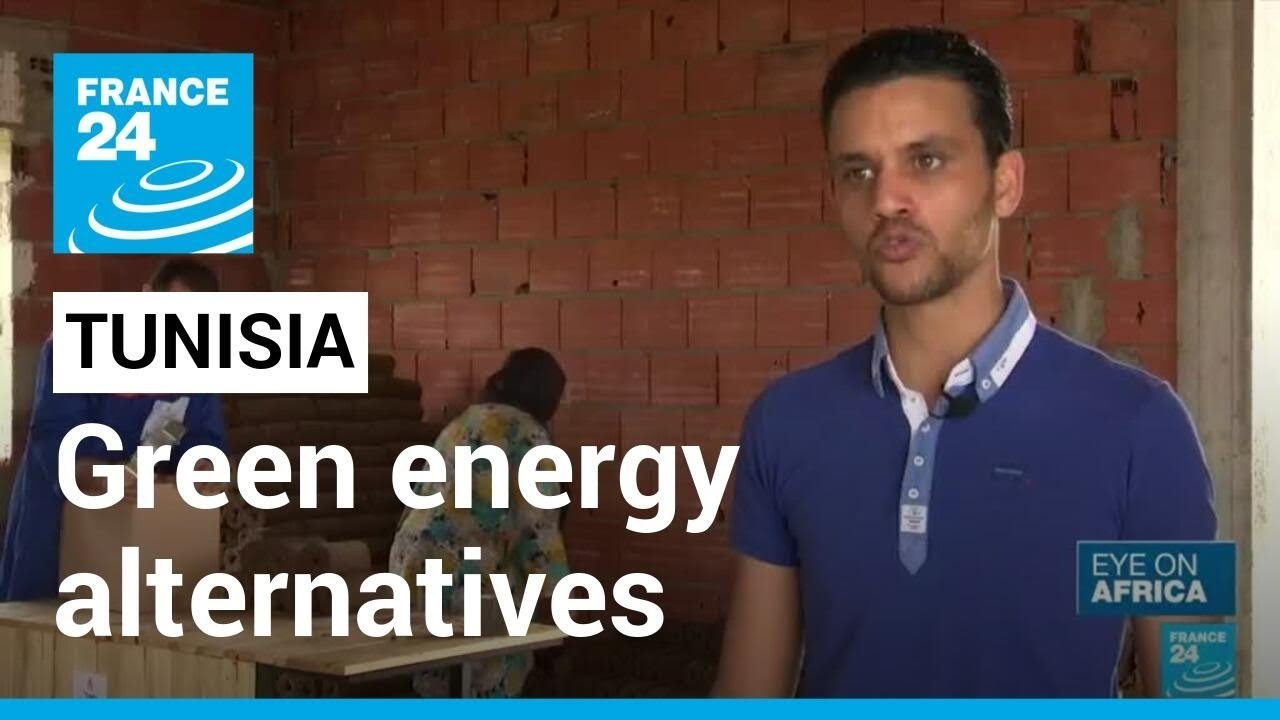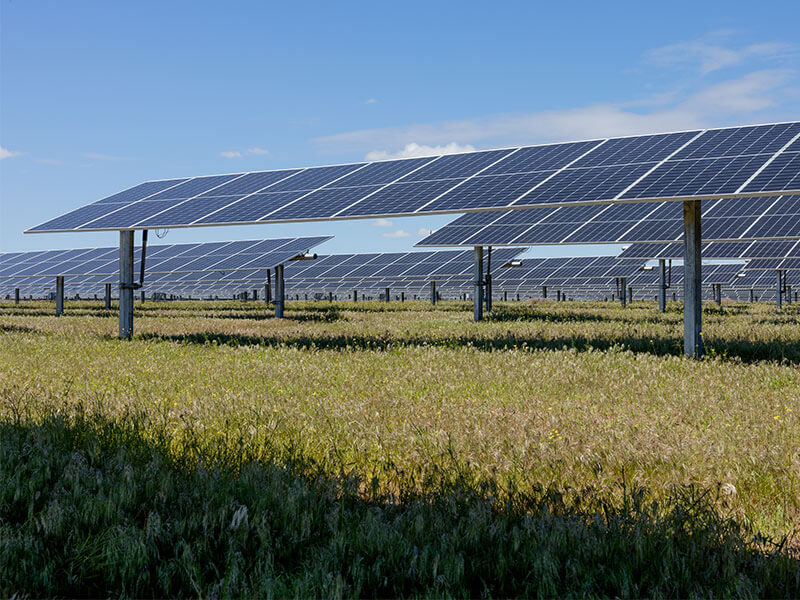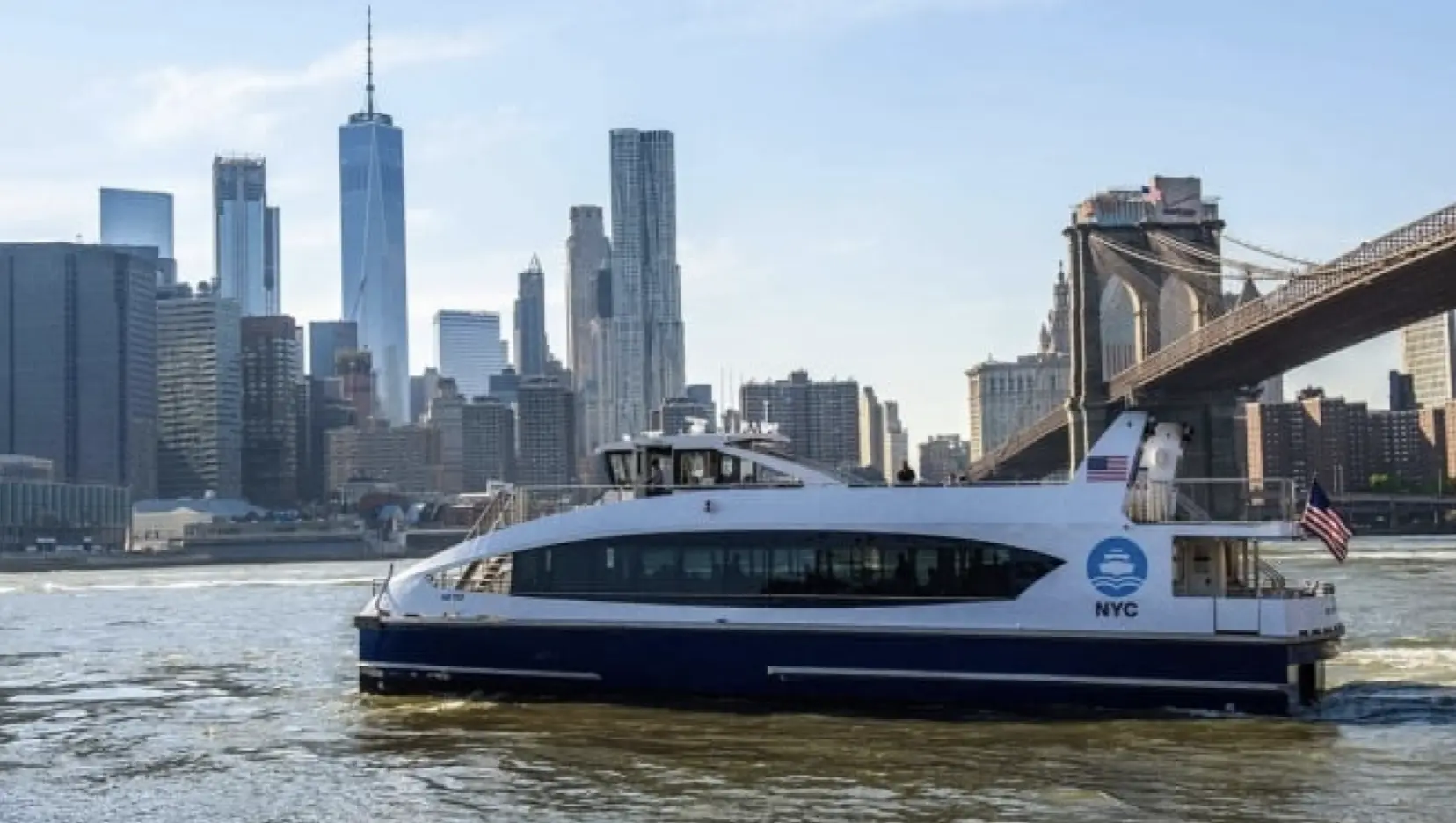
Navigating New York City’s Waterways to Become Cleaner and Greener as Staten Island Ferries and NYC Ferry Begin Testing Renewable Diesel
NEW YORK – New York City Department of Transportation (NYC DOT) Commissioner Ydanis Rodriguez, New York City Department of Citywide Administrative Services (DCAS) Commissioner Louis A. Molina, and New York City Economic Development Corporation (NYCEDC) President and CEO Andrew Kimball today announced that the Staten Island Ferry and NYC Ferry will begin testing the use of renewable diesel fuel, a petroleum-free alternative to traditional diesel fuel. Renewable diesel reduces carbon emissions by 60 percent or more and its use in the ferries will help nearly 30 million annual riders navigate the city’s waterways in a more sustainable way. NYC Ferry will also launch a short-term plan to upgrade engines on its largest vessels to reduce emissions and other pollutants. Use of the fuel in select Staten Island Ferries and NYC Ferry vessels builds on the city’s recent announcement that 100 percent of the city’s 12,500 heavy-duty and off-road vehicles have completed the transition to renewable diesel, making New York City the first major East Coast city to implement this green technology at such a large scale.
First Deputy Mayor Maria Torres-Springer, said :
As New Yorkers, we understand the urgent need to combat climate change, and today’s announcement is another critical step forward in that fight.
“In utilizing renewable diesel for our ferry fleets, we are demonstrating our commitment to reducing harmful emissions and reaffirming our commitment to making every corner — and current — of our city healthier and more sustainable, Whether it’s through innovative technologies or bold investments in green infrastructure, we are building a cleaner, greener New York City for all our residents—one that prioritizes our environment, enhances quality of life, and sets an example for cities around the world.”
NYC DOT Commissioner Ydanis Rodriguez, said:
The Staten Island Ferry is the busiest municipal ferry service in the country, and we are thrilled to reduce its carbon footprint by using a petroleum-free alternative to traditional diesel fuel,
“The transportation sector is responsible for nearly 28 percent of greenhouse gas emissions in our city, but that means it can also be a key part of the solution. Reducing dependence on fossil fuels offers a key step towards a greener and healthier New York City.”
DCAS Commissioner Louis Molina, said :
Expanding renewable diesel to the Staten Island Ferry and piloting it with NYC Ferries marks a significant step in our efforts to make our fleet more environmentally friendly for the benefit of all New Yorkers,
“This groundbreaking initiative not only cuts greenhouse gas emissions by using renewable resources, but also aligns with our larger vision for a greener municipal fleet. We’re proud to work alongside our sister agencies as we chart a new course for the city, and transition to cleaner sources of power.”
New York City Economic Development Corporation (NYCEDC) President & CEO Andrew Kimball, said :
New Yorkers love their ferries, and today we are making a big step forward in delivering a greener and more sustainable harbor,
“As we continue to break ridership records at NYC Ferry, it’s critical that we not only take immediate steps to reduce the emissions from our vessels but think strategically and holistically on how to create a more sustainable system across the board.”
Staten Island Ferry Renewable Diesel Transition
NYC DOT is now testing the use of renewable diesel on the Marchi Staten Island Ferry boat. The renewable fuel serves as a direct replacement to Ultra Low Sulfur Diesel currently used in the ferry fleet. The agency plans to expand renewable diesel to the full Staten Island Ferry fleet in 2025. With an estimated 60 percent reduction in the Staten Island Ferry’s CO2 emissions; this move is critical to achieving a 50 percent reduction in these emissions by 2030.
The Staten Island Ferry is the busiest municipal ferry service in the country, with approximately 45,000 passengers on an average weekday, carrying nearly 24 million passengers each year. It operates 24 hours per day, 365 days per year, between Staten Island and Lower Manhattan. Staten Island Ferry emissions represent 15 percent of municipal government transportation emissions and emissions from fuel use for ferry vessels represent 94 percent of the Staten Island Ferry system’s greenhouse gas emissions.
NYC Ferry Renewable Diesel Pilot & Immediate Vessel Upgrades
NYCEDC and NYC Ferry will launch a 6-month pilot program of renewable diesel fuels on select vessels. Following a successful pilot, the goal will be to transition the entire fleet to renewable diesel in 2025. Additionally, NYCEDC and NYC Ferry will begin the process of upgrading 13 350-passenger vessels, the system’s largest vessels, to meet the EPA’s most stringent Tier IV emission standards. These conversations will reduce pollutants like nitrogen oxides (NOx) and particulate matter (PM) by up to 65 percent.
These immediate upgrades will be part of a broader sustainability strategy that will aim to transition the NYC Ferry fleet toward zero-and reduced-emissions vessels. As part of this strategy, NYCEDC will begin a study focusing on both the vessels themselves and changes to shoreside infrastructure necessary to support their operation and NYCEDC anticipates this study concluding in late 2025. The study will provide valuable insight into facilities and vessel operators throughout the harbor. It will also serve as a valuable tool to attract increased grant assistance.
The NYC Ferry system provides more than 7 million riders annually with safe, dependable, affordable, and accessible transit across the five boroughs. With six routes that touch every borough, 25 landings, and 38 vessels, the system spans 70 nautical miles and has the largest passenger-only fleet in the nation. NYC Ferry has further proven to be among New York City’s most resilient transit network with the fastest ridership recovery of any city transit system since the pandemic.
Since the launch of ‘NYC Ferry Forward,’ NYCEDC and NYC Ferry has seen record ridership, while lowering the per passenger subsidy over 30 percent from its peak. In addition, the plan has successfully introduced and expanded the NYC Ferry Discount Program, increased financial transparency, and improving its service in cost-effective ways through the Rockaway Rocket, the Rockaway Reserve, and South Brooklyn Faster Connections.
In September 2023, the City of New York became the first city to begin transitioning to renewable diesel on the East Coast of the United States. Since the start of the transition in September 2023, renewable diesel has replaced more than 12 million gallons of fossil diesel, and already has been used to power the city’s fleet of garbage trucks, ambulances, work trucks, emergency generators, and more. Renewable diesel can reduce life cycle greenhouse gas emissions by 60 percent or more compared to regular diesel, all while meeting the same operating specifications as regular diesel. Unlike biodiesel, which is limited to use in blends of 5 percent to 20 percent with regular diesel, renewable diesel can be used as a full replacement of fossil diesel while still delivering the same environmental benefits as biodiesel. The DCAS supply of renewable diesel has been sourced mostly (98%) from waste animal fats and used cooking oil. The transition will prevent 162 million pounds of global carbon dioxide emissions from entering the air every year, and it will serve as an important bridge fuel as viable electric versions of these vehicles are developed and placed into the market. DCAS expects to bid a contract for the renewable diesel in the upcoming weeks.
Today’s announcement builds on the city’s efforts to reduce emissions from the transportation sector. In April 2024, the administration won $77 million in federal grants to electrify 180 school buses and build a first-in-the-nation electric truck charging depot at the Hunts Point Food Distribution Center. In May 2024, DCAS released its Clean Fleet Update, highlighting that the city had surpassed 5,000 plug-in electric vehicles and installed 2,000 electric charging ports. To date, over 70 percent of the city’s fleet — more than 21,000 fleet units — now use sustainable fuels, including electric, hybrid electric, solar, and biofuel vehicles. In December 2023, the New York City received $7.5 million in federal funding to electrify the Governors Island Ferry. In August 2024, the administration won a $15 million federal grant from the U.S. Department of Transportation’s Charging and Fueling Infrastructure Grant Program to build the nation’s largest curbside electric vehicle charging program. Additionally, the city has invested hundreds of millions of dollars to make it easier for New Yorkers to use more sustainable modes of transportation. That includes expanding Fair Fares for half-priced subway fares and creating a similar program for the NYC Ferry, building record levels of bike lane mileage and a historic expansion of the city’s outer-borough greenway network, advancing generational transit-oriented housing development projects, and more.
Donnell Rehagen, CEO of Clean Fuels Alliance America, said:
By utilizing proven resources like renewable diesel today, New York City is taking immediate action to reduce emissions,
“Transitioning 100 percent of the municipal fleet to renewable fuels was a remarkable achievement. Now, with renewable diesel powering the iconic Staten Island Ferries, New York City is charting a course to a cleaner future for all.”
Julie Tighe, president of the New York League of Conservation Voters, said :
Reducing emissions from our transportation sector is essential to combating the climate crisis and reducing air pollution,
We applaud Mayor Adams, Commissioners Rodriguez and Molina and NYCEDC President and CEO Andrew Kimball for transitioning the Staten Island Ferries and the NYC Ferries to renewable diesel. Renewable diesel provides immediate environmental and health benefits, which is why we should be doing everything we can to encourage its use, including passing a clean fuel standard at the state level in 2025.
READ the latest news shaping the biofuels market at Biofuels Central
Navigating New York City’s Waterways to Become Cleaner and Greener as Staten Island Ferries and NYC Ferry Begin Testing Renewable Diesel, source



